As you strive for leadership excellence, honing your skills and embracing growth opportunities is vital. Imagine a scenario where your leadership potential is unlocked, propelling you toward career advancement and success. What's the key to achieving this?
In this blog post, we will explore actionable strategies designed to elevate your leadership capabilities and advance your career.
Why Leadership Development Matters?
Leadership development is a key aspect of personal and professional growth that has a huge impact on your career and those around you. By focusing on improving your leadership skills, you can become better at guiding and inspiring your team, which ultimately leads to organizational success.
Effective leadership enhances communication, problem-solving, and decision-making, creating a positive and productive work environment. It also helps you adapt to changing situations and lead your team to success, no matter the challenge.
The benefits of leadership development extend beyond the workplace too. They can contribute to your overall job satisfaction and sense of accomplishment.
Recognizing the value of leadership development can motivate you to keep learning, growing, and improving, which will have a great impact on your career path!
Common Obstacles In Leadership Development
Some common obstacles can slow down a leader's growth. These include a reluctance to share responsibilities with the team, perhaps due to a lack of trust, which in turn stops the team from growing too. This is a big mistake as it's important to let go of control and allow others to contribute.
Fear of failure and resistance to change can also slow down leadership development. If you see failure as a chance to learn and change as an opportunity for growth, you'll be on the right track. It's all about adjusting your mindset.
Embrace challenges and view them as opportunities to develop new skills and innovate. Communication and self-awareness are also vital for leadership success. Being a good communicator, knowing your strengths and weaknesses, and seeking feedback will help you understand yourself and improve.
These simple steps are a great way to overcome common hurdles and enhance your leadership skills.
Strategies For Leadership And Career Growth
Effective leadership is the cornerstone of both personal success and organizational achievement. As you advance in your career, the ability to lead with vision, resilience, and innovation becomes increasingly important.
1. Pursue Advanced Education:
If you want to be a better leader, think about getting more education. You can go back to school and get a higher degree, like a Master's, or find an executive program or course that teaches specialized skills.
When you learn new things, you show how dedicated you are to your personal growth and that's appealing to potential employers. More education will give you new skills and knowledge, like better analytical and strategic thinking. This will help you make smart decisions and solve problems.
You'll also get to meet lots of new people who can help your career. Often these courses let you network with industry experts and mentors, which can open up cool new opportunities.
It's worth the effort to keep learning because it'll make you a stronger leader and give you a better chance of getting ahead in your career.
2. Create a Leadership Plan:
To grow as a leader, you should create a clear plan. Start by thinking about your goals for the short and long term. What skills do you need to improve, and what experiences do you want to have? Make your plan specific, so you know what you're working towards.
It's also a good idea to talk to people you work with, like mentors or your boss, to understand what they think are your best qualities and the things you could work on.
Make sure your plan fits with what your organization wants to achieve too. Keep updating your leadership plan as your goals change, and be ready to adapt it as new opportunities come up.
3. Find a Mentor or Coach:
Having a mentor or coach can really help your career and leadership skills develop quickly. A mentor should be someone you look up to, who has more experience than you in your field or who displays qualities you want to see in yourself.
They can guide you, give you feedback, and help you see areas where you can improve.
It's best to choose someone you can trust and who you can communicate openly with. This relationship should help you grow and learn, so it's important.
4. Expand Your Professional Network:
You can really help your career by talking to lots of different people in your industry. Go to events, and conferences, and use online platforms to meet and connect with people. These connections can help you learn, and also open doors to new opportunities, like jobs or collaborations.
Networking keeps you in the loop about what's happening in your industry and makes sure you're aware of the latest trends and knowledge.
You can also get advice, and maybe even find some mentors or friends who can help you with your leadership plan.
5. Focus on Strategic Thinking:
To be a strong leader, you should be able to think strategically. This means seeing the bigger picture and not just focusing on the immediate future. Think about the long-term goals and how to achieve them, keep an eye on market trends and changes, and be ready to adapt.
Make sure your plans fit within the goals of your organization, and be open to new ideas and different perspectives.
Thinking strategically also means being creative, and willing to take risks now and then, while always learning and improving.
6. Lead Change Initiatives:
Leading change within your organization is a great way to show your leadership skills and grow your career. It's about being the driving force behind new initiatives and ideas. To do this effectively, make sure you communicate the changes clearly and get your team involved.
Let them have a say and feel included, as this will help them buy into the changes and take ownership of the process.
When leading change, be a guide and a supporter, and be ready to face and learn from challenges. Changes like these are great opportunities to show your skills and commitment to growth.
Conclusion
To be the best leader you can be, you should always be working on your personal growth and skills. There are lots of ways to do this, like further education, making leadership plans, and talking to mentors. Networking and connecting with the right people is key, as is making sure you're thinking strategically.
You should also be ready to lead changes and embrace challenges. Taking these steps will help you grow as a leader and also help your organization succeed. Don't be afraid to dive in and try these strategies, as they can help you reach your full potential.
FAQs
1. How Can I Maintain a Work-Life Balance During Leadership Development?
To maintain work-life balance during leadership development, prioritize self-care, set boundaries, delegate tasks, and schedule downtime. Remember, balance is key to avoiding burnout and performing at your best in both your professional and personal life.
2. What Role Does Emotional Intelligence Play in Executive Development?
Emotional intelligence is pivotal in executive development. It enhances decision-making, fosters strong relationships, and improves communication. By understanding and managing emotions effectively, you can navigate complex situations, inspire your team, and achieve leadership success.
3. Can Introverted Individuals Excel in Leadership Roles?
Yes, introverted individuals can excel in leadership roles. Your focus on listening, critical thinking, and strategic decision-making can be valuable assets. Embrace your strengths, leverage your skills, and adapt your leadership style for success.








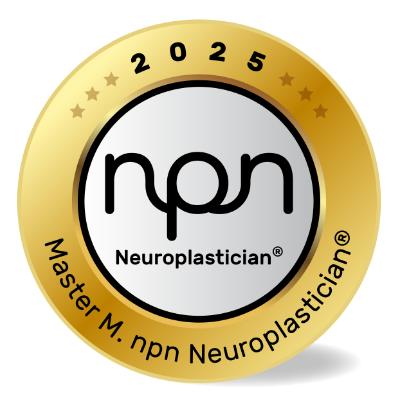
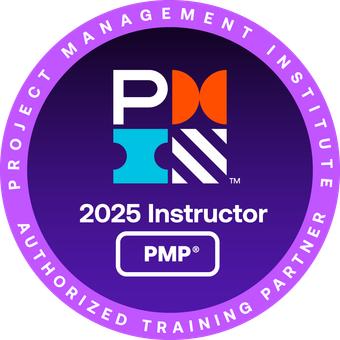
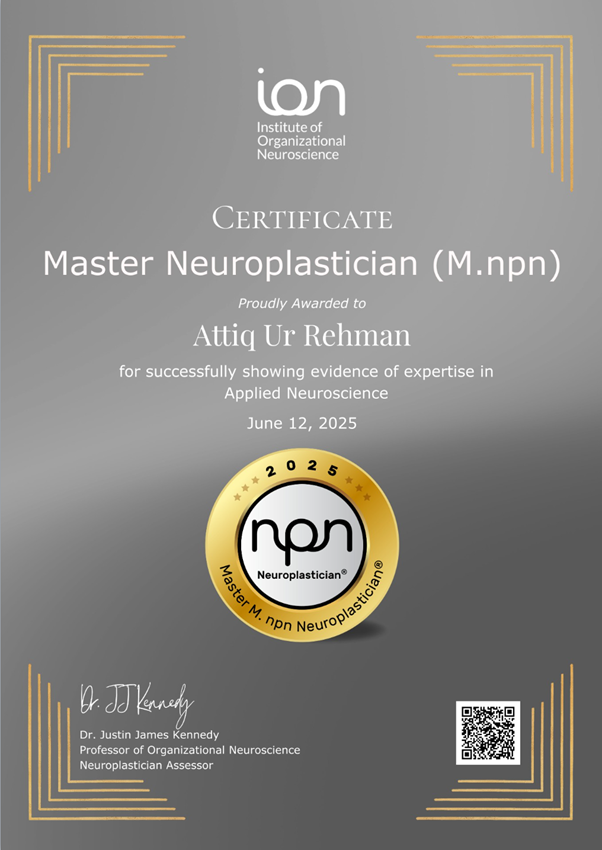
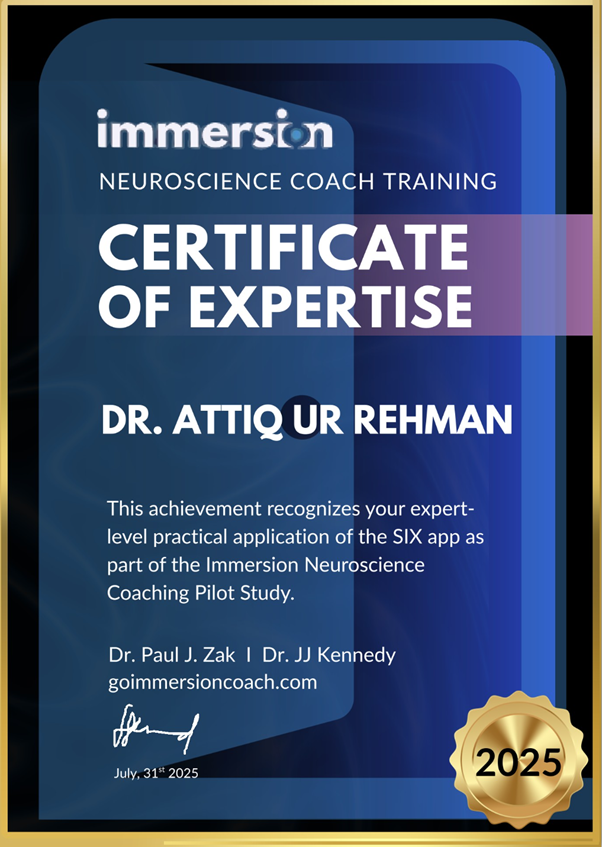
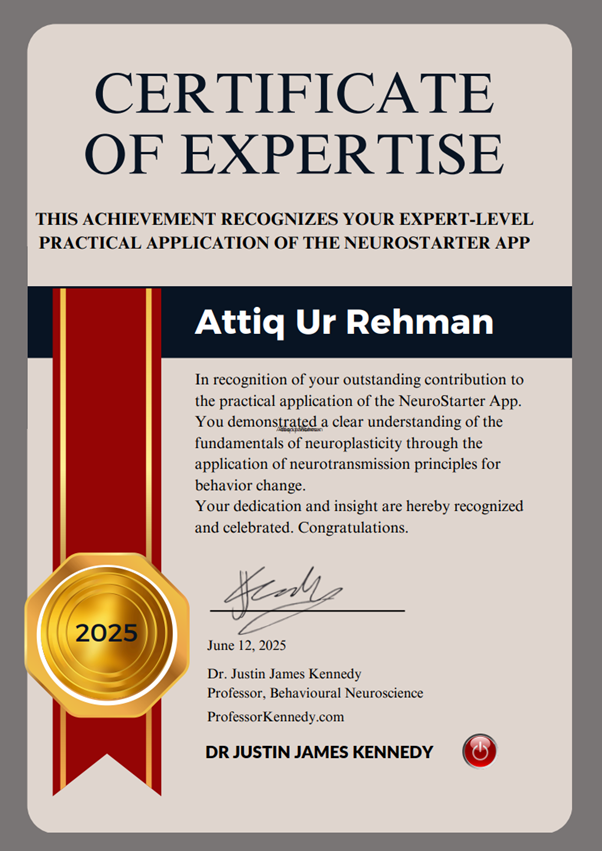
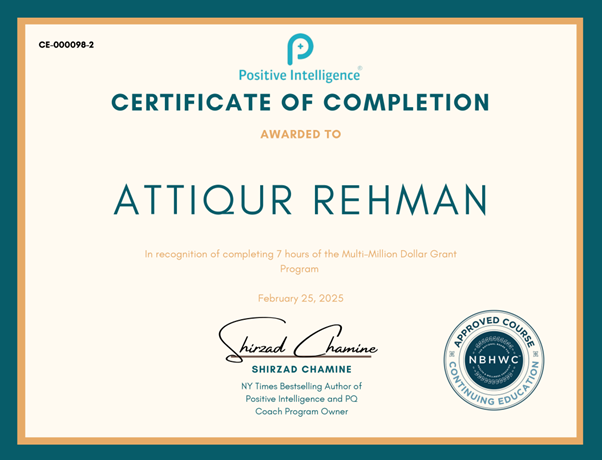
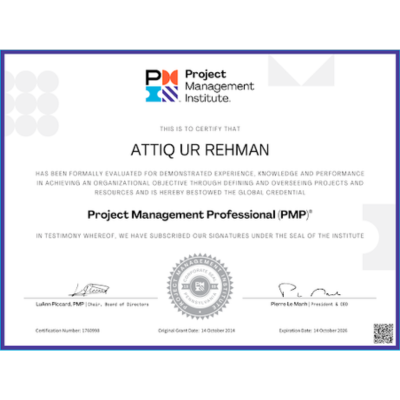



Instagram
LinkedIn
Youtube